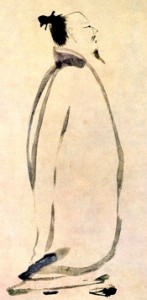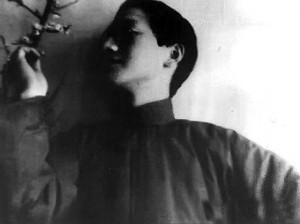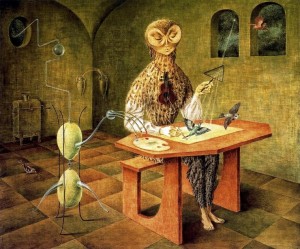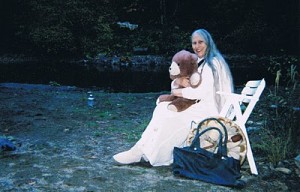 Stick shift and bad back do not make good bedfellows. But I’m the kind of person who likes to sit in front of the computer until the last minute and then dashes out the door. When I am forced to abandon my “third leg” because of back spasms I have to reevaluate my priorities.
Stick shift and bad back do not make good bedfellows. But I’m the kind of person who likes to sit in front of the computer until the last minute and then dashes out the door. When I am forced to abandon my “third leg” because of back spasms I have to reevaluate my priorities.
The world has always been what it is. Only when I enter it at a different portal do I notice new things like fresh air, the fog, the wind, sunshine, the moon and the rhythm of my heart. As a poet I write about these elements often enough. But they are through the imagination and not so much the body. Taking the bus I find an entire community of its own as we rub shoulders and smell each other’s odor and listen to each other’s conversation. A long walk navigating between people and animals, observing the glorious old cinemas that have deteriorated into garages and sundry stores on Mission Street, I find my slowing metabolism speeds up. It is all good. #11, as we call legs, is the bus I’m taking these days. Unlike Muni, I can depend on them.








 To get to know a friend is to try finding things in common. Pick a topic–hobby, age, birth signs, politics–between two people there has got to be something you can talk about. My friend Andy and I are excited over our dyslexia. It may be too broad a term to describe the sense of loss in our childhood, but we definitely were not wired optimally and timely. I remember eating an interminable lunch at my desk, while the rest of the class lined up to go somewhere. But more tragically was the lack of comprehension on all subjects (except music) no matter how hard I tried.
To get to know a friend is to try finding things in common. Pick a topic–hobby, age, birth signs, politics–between two people there has got to be something you can talk about. My friend Andy and I are excited over our dyslexia. It may be too broad a term to describe the sense of loss in our childhood, but we definitely were not wired optimally and timely. I remember eating an interminable lunch at my desk, while the rest of the class lined up to go somewhere. But more tragically was the lack of comprehension on all subjects (except music) no matter how hard I tried.